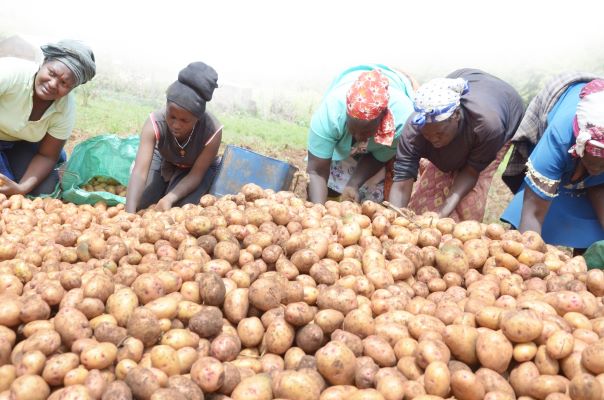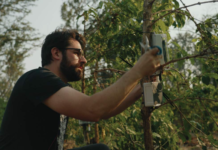
The East African Business Council (EABC) is teaming up with the governments and the East African Community to launch a campaign to promote Contract Farming as a way of boosting the food sector and farmers’ incomes in the region.
This follows the success contract farming has had in different countries.
According to John Bosco Kaliisa, the EABC Chief Executive Officer, in most of the countries where the practice has been carried out, it has usually targeted cash crops as agri-industries seek to maintain stable supplies of raw materials.
“Where contract farming has been practiced, especially between farmers and sugar, tea, and coffee companies, it has been on a voluntary basis and is hard to enforce,” said Kaliisa.
However, he says, in most cases the companies take advantage of the farmer’s lack of information and inability to negotiate, to make contracts that favor the buyers hence the need to help streamline the practice.
Training
The EABC, together with the national chambers of commerce from various countries and the government ministries responsible for agriculture and trade, have now launched the process starting with the training of farmers across the region, on the importance of contract farming.
Apart from sugar, brewery, and tea companies, the largest company practicing contract farming in Uganda is Mukwano Industries, which gets a big chunk of its cereals for its vegetable oil, soap, and other products from out-growers.
In Kenya and Tanzania, like in Uganda, the practice targets cash crops, however, for them, there is a little more government role in their implementation.
Justin Marwa, the Agriculture Development Manager at the Tanzania Chamber of Commerce, Industry, and Agriculture, says that one of the shortcomings in his country is that farmers usually take long to be paid for their produce.
“This delay frustrates the interest of farmers in contract farming because they need the money to invest in their farms through inputs and other needs,” said Marwa.
In South Sudan, there are no formal contracts between farmers and buyers. The closest practice is where a buyer identifies a crop field and make an agreement with the farmer that the yield will be sold to them, while other pay off the farmer even before harvest time.
Formalizing contract farming
Caesar Riko, the Monitoring and Evaluation Officer, at the South Sudan Chamber of Commerce Industry and Agriculture, said he hopes this move will help formalize contract farming and the sector as a whole in the country and the region.
“It is also expected to encourage financial institutions to lend to the agricultural sector because of the enhanced predictability of the revenues for farmers.”
The sector has always suffered a lack of access to affordable finance with commercial banks admitting that the risks involved make lending to the sector or insuring the agriculture assets unattractive.
In Uganda, the government through the Ministry of Agriculture, Animal Industry and Fisheries is ready to work with the private sector to develop a framework that will ensure that the contracts made are enforceable, spelling out the rights and obligations of both parties.
“The lack of information about contract farming and its benefits, as well as the lack of a legal framework to enforce contracts, are the main reasons it is not a common phenomenon in Uganda. However, this should be the way to go especially because it assures the farmer of the market and the income,” said Dr. Sarah Kagoye, Principal Agribusiness Officer at the ministry.









[…] Source link […]
Comments are closed.